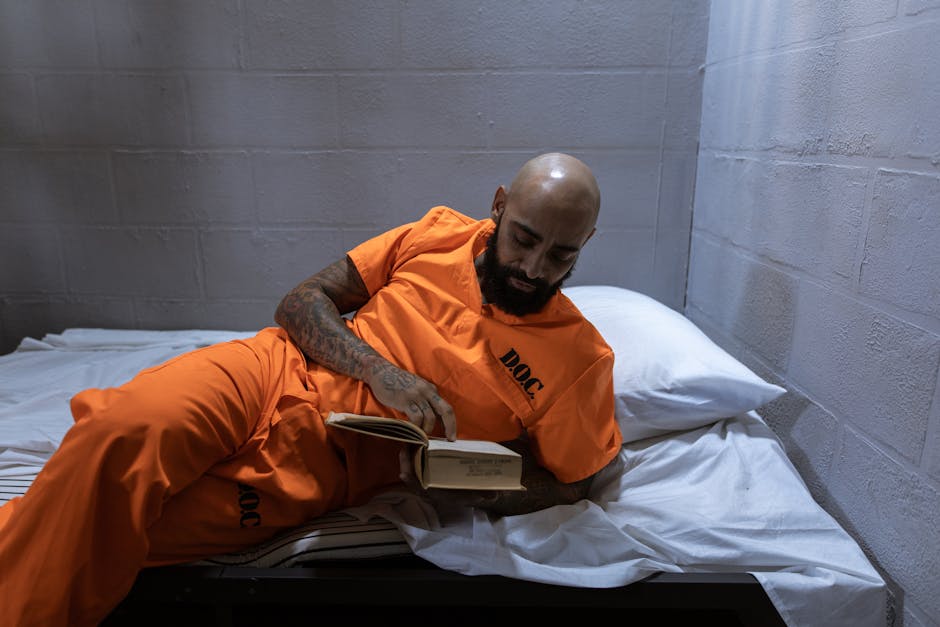The intricate tapestry of a nation’s legal system relies on a fundamental question: who ultimately decides the validity of a law? This is not a simple matter of a single authority wielding absolute power but rather a complex interplay of institutions, processes, and principles, often fraught with tension and contestation. Examining this process reveals critical insights into the foundations of a just and functioning legal order.
Determining the legitimacy of a law hinges on a variety of factors. These include the procedures followed in enacting the law, the adherence to constitutional principles, and the interpretation of existing legal frameworks. Crucially, the very concept of ‘validity’ is not static; it evolves over time, responding to societal changes, evolving understandings of fundamental rights, and amendments to existing legal documents.
A significant player in this process is the judiciary. Courts, in various jurisdictions, are vested with the power to review legislation and declare laws invalid. This power, often termed judicial review, is not universally recognized or implemented. Its existence varies considerably depending on constitutional structures and the specific roles assigned to different branches of government.
Judicial review isn’t a unilateral exercise. It typically unfolds within a framework of established legal principles. A law can be deemed invalid if it violates the supreme law of the land a constitution. This constitutional limitation often involves checks and balances, ensuring that the legislative branch adheres to fundamental principles enshrined in the constitution, and that the judiciary upholds the integrity of this foundational document.
Beyond constitutional violations, courts also assess the validity of laws based on their compatibility with other existing laws. A newly enacted law might contradict a prior statute, a precedent, or a fundamental legal principle. In such cases, the courts serve as arbiters, resolving the conflict and upholding the integrity of the legal system.
A core element of judicial review is the interpretation of legal texts. Judges, acting as interpreters of the law, grapple with complex language, often ambiguous or open to diverse interpretations. This inherent ambiguity necessitates careful consideration of the legislative intent behind the law as well as its broader context. Judges must engage in intricate textual analysis, drawing upon precedent, legal scholarship, and public policy considerations to determine the meaning and application of the law.
The concept of precedent plays a critical role in maintaining consistency and predictability within the legal system. Decisions of higher courts establish binding precedents for lower courts, shaping future interpretations of the law and reinforcing the principle of stare decisis, or “to stand by things decided.” However, the concept of precedent is not without limitations. Circumstances may evolve, rendering older precedents inapplicable or even contradictory to modern societal values. In these situations, courts may choose to revisit and refine their previous interpretations.
Legislative bodies themselves can contribute to this process of legal validity through amendments and revisions. Acknowledging shortcomings or evolving societal needs, they can adjust or repeal laws deemed problematic, demonstrating a dynamic interplay between the legislative and judicial branches. This dynamic interplay is crucial, because it reflects a shared responsibility for maintaining a just and responsive legal system. Legislation can also be challenged in court and subsequently overturned if found to be unconstitutional or in conflict with existing laws.
The concept of judicial review isn’t without criticism. Arguments against it often centre on concerns about judicial activism, where judges are perceived as imposing their own values or political opinions rather than simply interpreting the law. These concerns frequently fuel debate about the balance of power between the judiciary and other branches of government, as well as the potential for judicial overreach in shaping public policy.
Public opinion, although not a formal part of the legal process, can significantly influence the interpretation and application of laws. Societal values and expectations, often manifested in public discourse and activism, can shape the legal landscape by prompting legislative changes or influencing judicial decisions.
Examining international legal frameworks adds another layer of complexity. Treaties and conventions can establish international norms that affect the validity of national laws. National courts may be bound by international obligations, influencing their decisions and potentially leading to challenges to national laws that violate these international standards.
In conclusion, determining the validity of a law is a complex and multifaceted undertaking. It involves the interplay of several key actors the legislative, executive, and judicial branches as well as constitutional principles, established precedent, and evolving societal values. The judiciary, while crucial in this process, is not the sole arbiter of validity. Instead, it functions as a critical check and balance on the other branches of government, ensuring that laws are aligned with fundamental principles, consistent with established legal norms, and responsive to the needs of society. This ongoing dialogue and interaction forms the cornerstone of a just and adaptable legal system.












